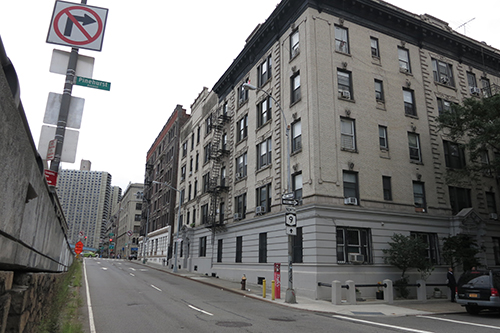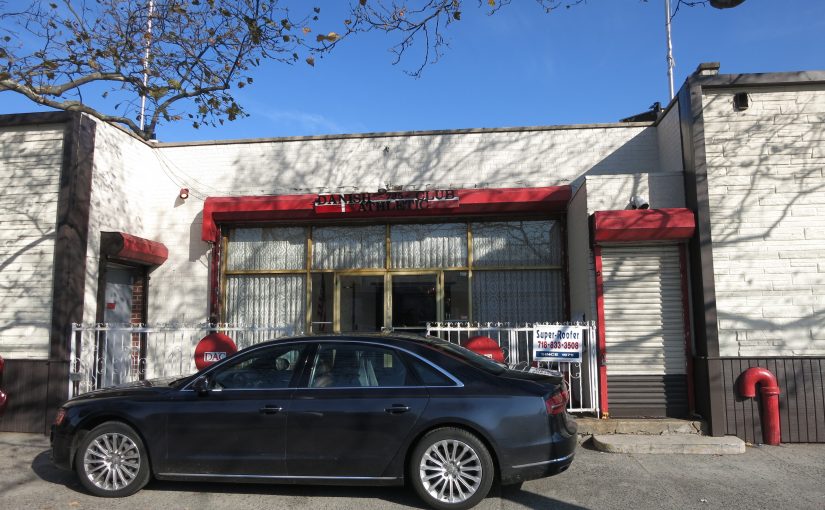Here is an outline of private loan requirements.
- What Financials do you need to show to a private lender?
99% of the time there are no personal financials required, however, property financials will sometimes be requested depending on the property type, tenancy and ownership.
Credit scores, personal tax returns, etc. are almost never requested.
- Is there a loan to value ratio that needs to be met?
Yes, though these can vary from lender to lender. Typically lenders will go up to about 70% LTV, but some go as high as 80% and others won’t go above 60%.
The LTV requirement can also vary depending on the property type. Land, for example, will max out around 50% LTV, as it’s a riskier asset. Another factor that may influence the LTV requirement may be the market climate. In a hot market Lenders are more likely to go to higher LTV’s than they would be in a cold market. - Do I need to show the property produces income?
Stabilized assets are always looked on more favorably by lenders as there is a cash flow to cover debt payments. But not all deals feature stabilized assets and Lenders understand this. Lenders do like to see a clear path to stabilization, but not all assets have to be income producing at the time of the loan to make the deal happen. - Can the property be owner-occupied?
This is a great question. In a commercial deal, where the tenant may be the owner of the property, this is not of concern for a lender. In residential deals, however, Lenders are always leery of predatory lending laws. Any 1-4 family dwelling typically cannot be owner occupied for a hard money lender. Five or more units and the property can be owner occupied without concern as it is considered a commercial loan.
One other thing to consider is that for a commercial property that is owner occupied lenders will require an executed lease. This is to protect them and they generally don’t care whether or not rent is paid, only that the lease is enforceable if they end up having to foreclose. - Do I need a down payment?
There are very few lenders, if any, making loans with LTV ratios of 100%. For a commercial lender the highest you’ll likely see is about 80% LTV. So this means the borrower must bring anywhere from 20-40% of the purchase price to the closing.
If the deal is a refinance and not a purchase there usually isn’t any money required from the borrower as they have equity in the property
Contact H&O Capital for more information on private loan requirements.



